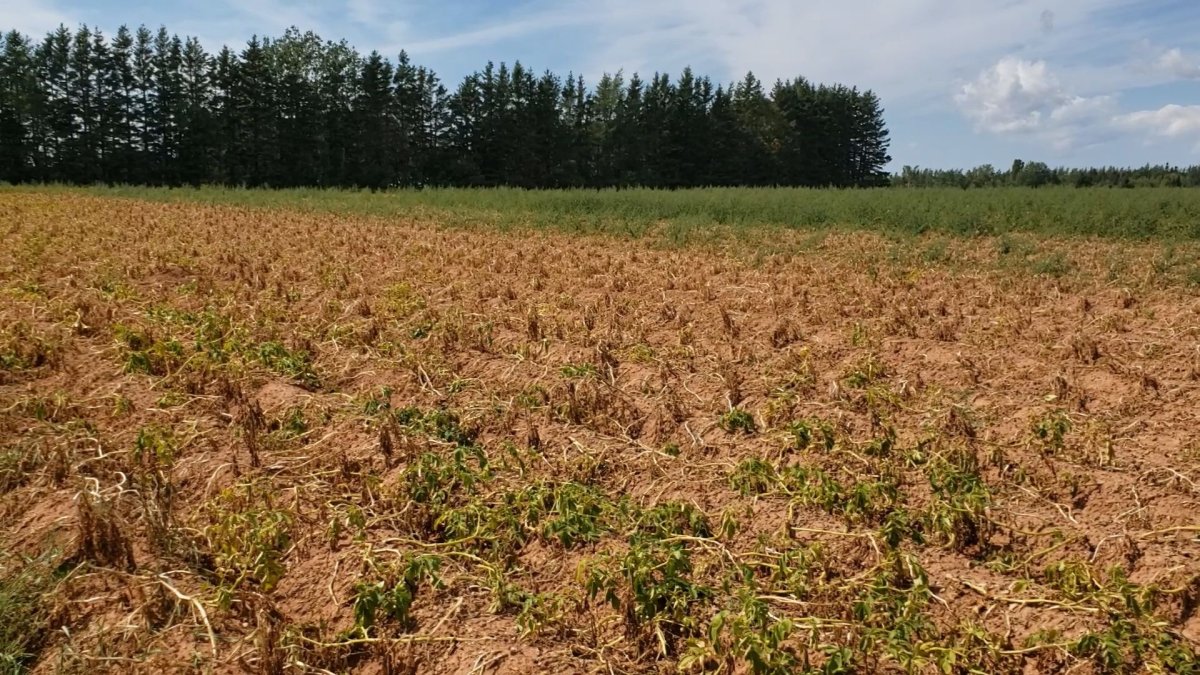Morden is one step below declaring a state of emergency.

The Mayor of Morden, Brandon Burley, says they just upgraded the drought to extreme, further limiting water usage and consumption throughout the community.
Until the conditions improve, no one in Morden can water their lawn and car washes are only running for limited hours.
Burley says a new partnership with Pembina Valley Water Coop will reduce the chances of a drought in the future.
“We supply water to them and they supply water to us at certain points. The expansion of that pipeline will be completed in September and that will provide us some contingency and allow us to spread out our dependency on our water sourcing away from Lake Minnewasta.”

Get breaking National news
While communities cut back on water usage and farmers survey fields looking more like cardboard every day, concerns are turning to the short and long term effects on the provincial economy.
University of Manitoba Economics Professor Fletcher Baragar says the drought’s financial impact is going to be felt for the next six to 12 months.
Baragar says direct agriculture — crop and livestock production — make up about five percent of Manitoba’s GDP, but there’s a lot more to the industry that people may not think about.
“When you add the transportation, fertilizer and all the other industries that provide other inputs for agriculture like farm machinery. And then all the industries that use agricultural outputs as their own inputs like food processing, ethanol and stuff like that. All those require large supplies of agricultural products.”
Baragar says cash receipts from crop and livestock farmers in 2020 came to about $7-billion and even a small percentage of lost revenue has a big impact.
“Now let’s say that drops by even 10 per cent, which is $700-million. That means there is $700-million dollars less in the provincial economy. These numbers are big and significant.”
Cattle producers across the province are selling or exporting portions of their herd to stay afloat and the decrease is nearby cattle is going to raise demand with a decreasing supply, giving way to rising costs in grocery stores.












Comments